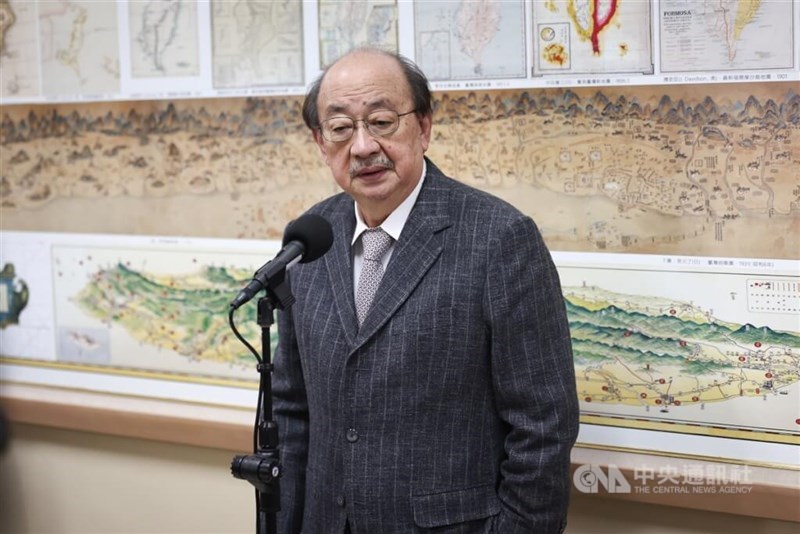
Taipei, Feb. 20 (CNA) The ruling Democratic Progressive Party (DPP) sent a petition to the Constitutional Court on Thursday to temporarily halt the application of amendments to the Public Officials Election and Recall Act that came into effect the same day.
The temporary injunction and constitutional interpretation is necessary to "maintain constitutional order," according to DPP legislative caucus whip Ker Chien-ming (柯建銘).
Ker told reporters on Thursday that Article 17 of the Constitution of the Republic of China (Taiwan) stipulates that the people have the "right of [...] recall" and Article 22 states that this right and others are "guaranteed under the Constitution."
The DPP caucus whip also made reference to Article 23 which states that "all the freedoms and rights enumerated in the preceding Articles shall not be restricted by law" except under certain conditions.
A Constitutional Court ruling to temporarily halt the implementation of the amendments would not be unprecedented. In October 2024, the court ruled that most of the amendments passed to the Law Governing the Legislative Yuan's Power were unconstitutional.
The amendments to the Public Officials Election and Recall Act cleared Taiwan's legislature on Dec. 20 last year, supported by opposition lawmakers from the Kuomintang (KMT) and Taiwan People's Party (TPP), who hold a majority of seats in the Legislature.
In accordance with the law, President Lai Ching-te (賴清德) promulgated the changes to the act within 10 days of receiving it from the Legislature on Feb. 18. The amendments automatically came into effect three days later, on Thursday.
According to Taiwan's Public Officials Election and Recall Act, lawmakers shall be removed from office if more than half of at least 25 percent of eligible voters in their electoral district cast ballots in favor of a recall, and if the ballots in favor outnumber those against.
Activists seeking to remove a district-elected lawmaker must first submit a recall proposal signed by more than 1 percent of the total number of eligible voters from the relevant district, then collect signatures from at least 10 percent of eligible voters within 60 days before a recall vote may take place, the Central Election Commission's (CEC) website said.
The amendments that came into effect on Thursday tightened the requirements for recall proposals and joint-signature petitions.
Specifically, Taiwanese citizens supporting a recall vote must now provide a photocopy of their national identification card during the signature-collection stages.
Moreover, anyone fraudulently using someone else's personal information to sign a recall proposal or joint-signature petition could face up to five years in prison or a fine of up to NT$1 million (US$30,516).
The issue of recall voting has dominated headlines in recent weeks, with the CEC reporting on Wednesday that it has received recall proposals for more than 54 lawmakers since Feb. 3, the first day possible to submit proposals for recalls in the current legislative term.
The commission said in early February that the election recall proposals would be handled "without discrimination" according to the pre-amended version of the Public Officials Election and Recall Act, noting that Article 131 clarifies that "provisions in effect prior to [any] amendment shall apply."
Among this unprecedented wave of recall proposals, more than 30 target KMT lawmakers, who together with the TPP and two independent lawmakers hold 62 seats in the 113-seat Legislature.
If enough recall votes targeting KMT lawmakers are successful in the coming months, this could tip the balance of power back in favor of the DPP, which has won the presidency in three consecutive elections but faced challenges getting major legislation passed since losing its parliamentary majority last year.
- Society
Northern Taiwan cities declare business as usual Monday despite storm
07/06/2025 09:26 PM - Society
Typhoon Danas outer band touches southern Taiwan, rain intensifies
07/06/2025 09:26 PM - Society
High speed rail to only run all-stop, non-reserved trains Monday
07/06/2025 09:17 PM - Society
6 cities/counties to close schools, offices Monday due to typhoon
07/06/2025 06:13 PM - Sports
Taiwan qualifies for 2026 Women's Asian Cup with win over Indonesia
07/06/2025 05:54 PM